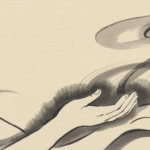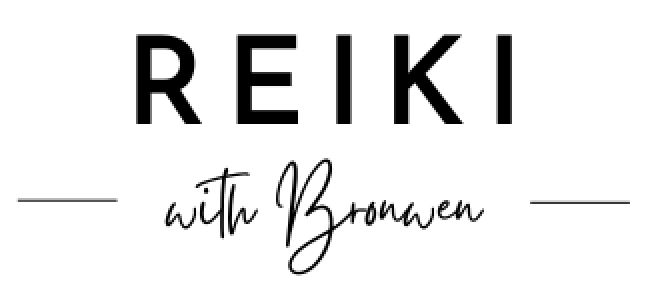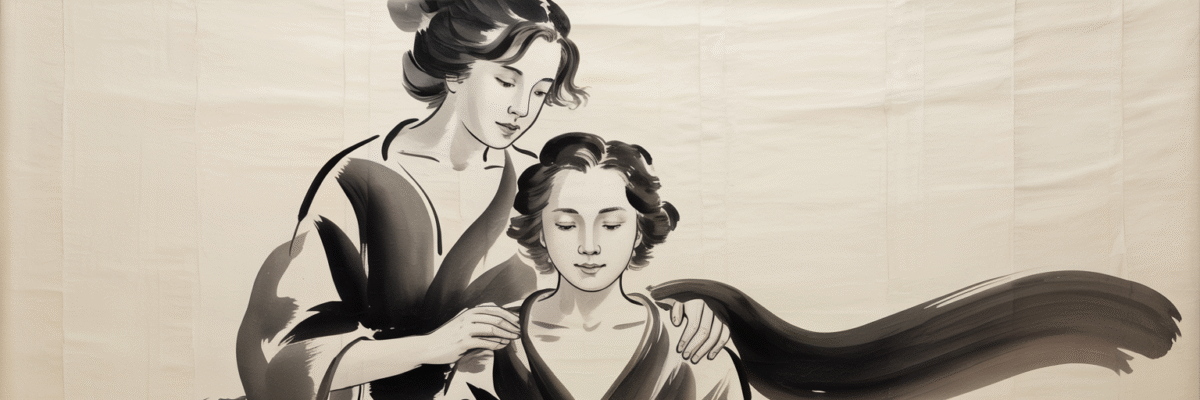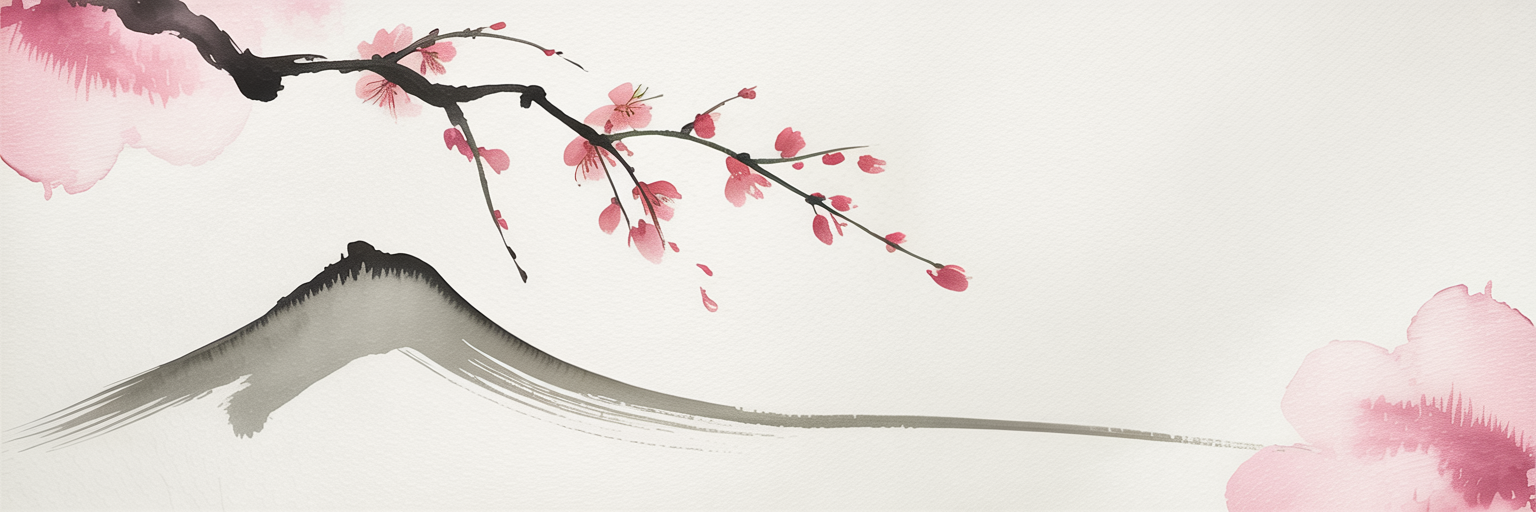
Reiki Research: Reiki Helps High Anxiety and Depression
November 10, 2025
Reiki Research: Reiki Improves Quality of Life in Blood Cancer Patients
November 12, 2025Self-Efficacy Enhances Reiki’s Effect for Breast Cancer Patients
Randomized Controlled Trial • Pre-Surgery Phase
Researchers: Andrea Chirico, PhD • Giuseppe D’Aiuto • Antonella Penon • Luca Mallia, PhD • Michelino De Laurentiis, MD • Fabio Lucidi, PhD • Gerardo Botti, MD • Antonio Giordano, MD, PhD
National Cancer Institute ‘Giovanni Pascale’ Foundation, Naples, Italy • Temple University, Philadelphia, USA
Anticancer Research • 2017
Study at a Glance
Participants
110 Patients
Newly diagnosed breast cancerPre-surgery phase
Design
RCT
55 Reiki / 55 ControlIntervention
1 Session
60 minutes, day before surgeryMeasurements
Before & After
Anxiety & mood states💡 Main Discovery
Patients with HIGH confidence in their ability to cope with cancer received MUCH MORE benefit from Reiki than those with LOW confidence. This suggests that a person’s belief in their coping abilities acts as a “buffer” that enhances how well Reiki works.
Anxiety Reduction: Impact of Self-Efficacy
State-Trait Anxiety Inventory (STAI) Scores
📈 Higher scores = MORE anxiety | 📉 Lower scores = LESS anxiety
(More anxiety)
(Less anxiety)
Key Results: Anxiety
- High Self-Efficacy + Reiki: Massive 62% reduction in anxiety (from 56 to 21)
- Low Self-Efficacy + Reiki: Moderate 31% reduction in anxiety (from 48 to 33)
- High Self-Efficacy + Control: No change (stayed around 26)
- Low Self-Efficacy + Control: Anxiety INCREASED by 23% (from 77 to 95)
⚠️ What is Self-Efficacy for Coping with Cancer?
Self-efficacy is a person’s confidence in their ability to cope with cancer-related stressors. It’s not about being positive or optimistic—it’s about believing “I can handle what comes with this disease.”
This study shows that people who feel more confident in their coping abilities draw MORE benefit from Reiki than those who feel less confident.
Mood Changes: Self-Efficacy Also Matters
Profile of Mood States (POMS) – Selected Measures
Key Results: Mood States
- Tension: High self-efficacy Reiki group had 63% reduction vs 37% for low self-efficacy
- Depression: High self-efficacy Reiki group had significant reduction; low self-efficacy showed no change
- Vigor (energy): High self-efficacy showed improvement trends; low self-efficacy showed no change
- Control group: Low self-efficacy patients got significantly WORSE in tension and depression
What This Study Reveals
The Big Picture: This is the first study to show that individual psychological characteristics (specifically, self-efficacy for coping) can moderate—or influence—how effective Reiki is for cancer patients.
Why This Matters
This finding suggests that Reiki doesn’t work the same for everyone. Patients who feel more confident in their ability to cope with cancer seem to:
- Be better able to manage their stress responses
- More actively engage with supportive treatments
- Draw more benefit from complementary therapies like Reiki
Clinical Implications
Healthcare professionals could:
- Screen patients for coping self-efficacy before Reiki treatment
- Offer interventions to boost self-efficacy for patients with low confidence
- Combine Reiki with psychological support to enhance benefits
- Better predict which patients will benefit most from Reiki
Study Design
Population: 110 newly diagnosed breast cancer patients hospitalized for surgery (ages 23-65, mean age 43.7)
Setting: National Cancer Institute ‘Giovanni Pascale’ Foundation, Naples, Italy
Timing: Patients recruited 1-3 days before scheduled surgery; no prior cancer treatment
Design: Randomized controlled trial (intervention vs control)
Intervention: Single 60-minute Reiki session by Reiki Master, day before surgery
Control: Standard care (no Reiki)
Self-Efficacy Assessment: Cancer Behavior Inventory Brief Form (14 items, 9-point scale)
Outcome Measures:
- State-Trait Anxiety Inventory (STAI) – 20 items
- Profile of Mood States (POMS) – 58 items measuring 6 mood states:
- Tension/anxiety
- Depression/dejection
- Anger/hostility
- Vigor/activity
- Fatigue/inertia
- Confusion/bewilderment
Assessment Times: Before Reiki session (T1) and after session before sleep (T2)
Statistical Analysis: Mixed ANOVA and MANOVA examining interactions between Time, Intervention, and Self-Efficacy Level
Study Strengths & Limitations
✓ Strengths
- Randomized controlled design with adequate sample size
- First study to examine self-efficacy as moderator of Reiki effects
- Used validated, well-established psychological measures
- Clear statistical methodology with effect sizes reported
- Clinically relevant timing (pre-surgery phase)
- Published in peer-reviewed cancer research journal
⚠️ Limitations
- Single session only – doesn’t show long-term effects
- Relatively small sample when divided into subgroups
- Single timepoint (day before surgery only)
- No long-term follow-up to see if benefits lasted
- Authors note sample size could be larger for more statistical power
📚 Context in Reiki Research
This study builds on previous research showing Reiki’s effectiveness for cancer patients, but adds an important new dimension: not all patients benefit equally. This is consistent with psychotherapy research showing that individual characteristics influence treatment outcomes. The study opens new directions for personalizing complementary therapies based on psychological profiles.
🔮 Future Research Directions
The researchers suggest:
- Longitudinal studies examining Reiki effects at different cancer trajectory points
- Larger sample sizes for more statistical power
- Studies examining interventions to boost self-efficacy before Reiki
- Investigation of other psychological factors that might moderate Reiki’s effects
Find the complete research paper by Michelino De Laurentiis here.
https://doi.org/10.21873/ANTICANRES.11736
For more Reiki research graphs and blogs.
For more research graphs and blogs about the system of Reiki and Cancer.





